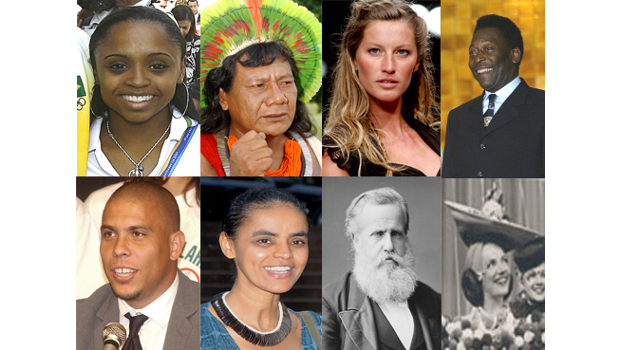Jackie Kay’s Quest For Her Roots – Theresa MuñozPosted in Africa, Articles, Autobiography, Book/Video Reviews, United Kingdom on 2016-03-20 16:05Z by Steven |
Jackie Kay’s Quest For Her Roots – Theresa Muñoz
Scottish Review of Books
Volume 6, Issue 3 (2010-08-12)
Adopted at birth, Jackie Kay discovered neither of her birth parents were who she’d thought they’d be, her new memoir recalls.
“If you have skin my colour” writes Jackie Kay in her memoir Red Dust Road, “you must be a foreigner.” All of her life, people have asked her where she is from. Glasgow, she’d tell them. Then people would inquire, but where are her parents from? Her parents are from Glasgow and Fife, she’d say. But she would also add that she’s adopted and her birth father is Nigerian. “They’d nod,” Kay says, “with a kind of ‘That explains it’ look”.
Since I moved to Scotland, people have asked me where I’m from. “Vancouver, British Columbia,” I reply. Most leave it at that because they have relatives or friends in Canada and would rather discuss them. But others persist: “Where are you really from?” Once, an older gentleman in the library in Dumfries asked if I was from the Far East. “Yes, I live in Edinburgh,” I replied. He left me alone after that.
It’s not that people shouldn’t ask. I’m happy to tell others that both my parents were born in the Philippines and immigrated to Canada, individually, in the Seventies. (They later met in what used to be Simpson’s department store in Toronto.) But the nature of these questions can make you feel like an outsider. As Kay says, “I felt it was being pointed out to me, in a more sophisticated manner, that I didn’t belong in Scotland”.
Other comments are just plain ignorant. Walking down West Princes Street in Glasgow, I passed a man who muttered something about a tan. “Nice tan,” I think he said to me. Kay has also been asked about her tan. In Wigtown a woman asked her and her mother, “Is that lady your daughter? Oh? Your daughter is awful tanned. Is she that colour every day?”
Once or twice things have turned ugly. A fight broke out in Glasgow’s Ashton Lane, when a drunken man asked my Scottish boyfriend where he “bought me”. Kay’s experiences have been much more humiliating. In 1980, during the rise of the British Movement, posters were put up around Stirling University that asked: “Would you be seen with that Irish-Catholic wog called Jackie Kay?” Kay locked herself into her student apartment and was offered police protection.
Racism happens without warning. You never know how to react. Dignity? Fury?…
Read the entire review here.


